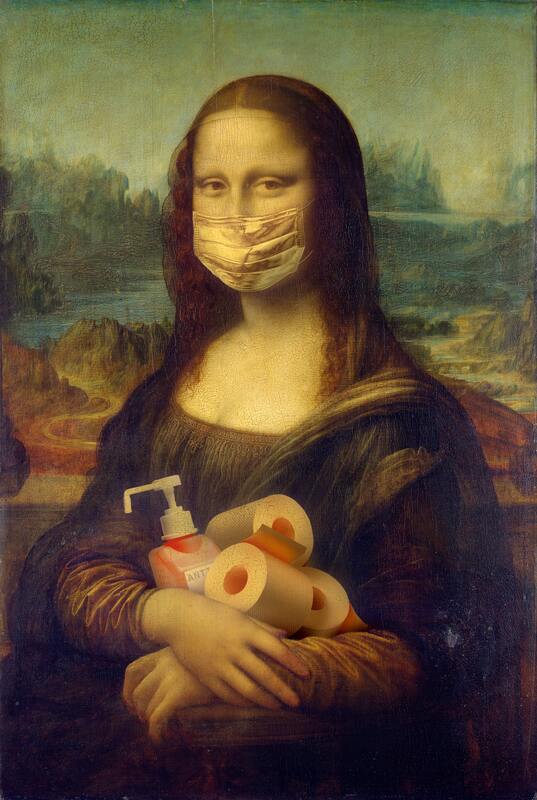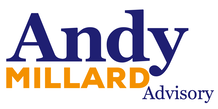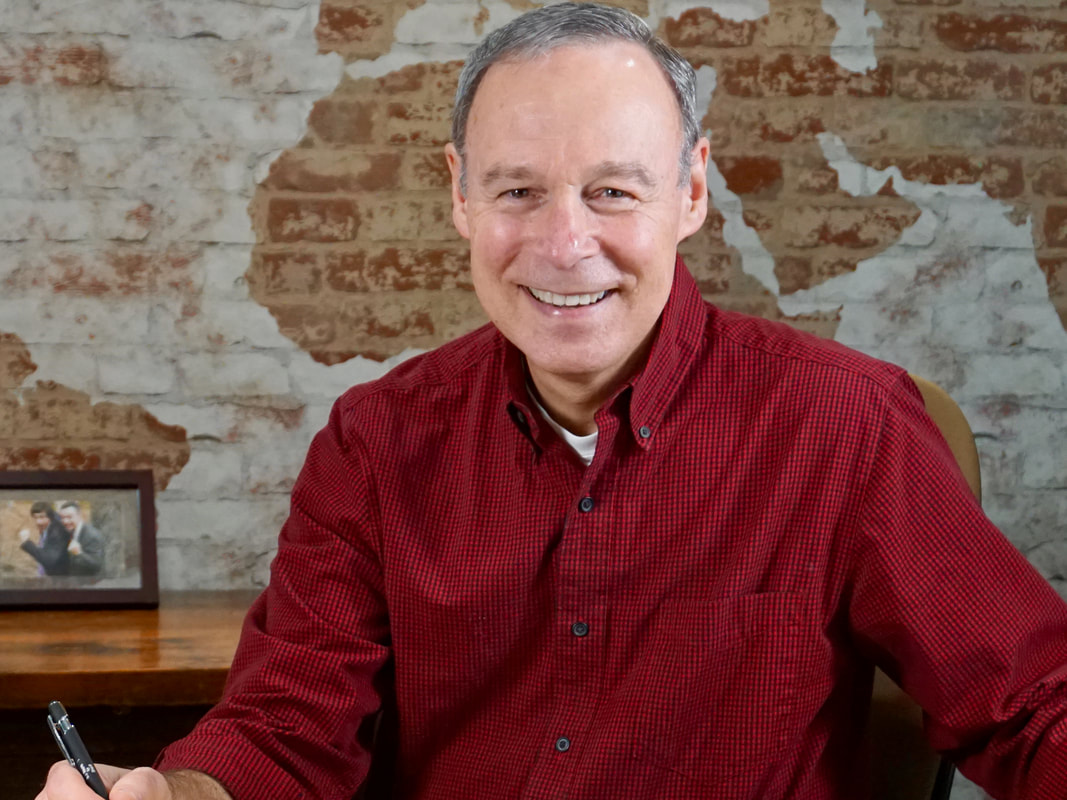|
At any given time, I've served as financial steward for dozens of families. That kind of responsibility tends to focus the mind. Tote that weight around for a couple decades, and you find yourself thinking about everything in terms of risk and reward.
How much risk are you willing to accept in exchange for a possible reward? How great does the reward have to be to make it worth the risk? That’s how we should look at every single decision during this pandemic: risk versus reward. Simple personal choices carry major ramifications. Should I go to work? To the store? Out to eat? Order food delivery? Get a vaccine? Wear a mask? Fly on a plane? Take a trip? Have friends over? Go to church? Attend a meeting in person? In today’s climate, these decisions carry at least as much weight as those advisors make for clients. In this case, you are your own client, and what’s at stake is not only your financial security, but also your life and health—not to mention the life and health of those you love—and even people you may never meet. Like I said, that kind of responsibility tends to focus the mind. Take it seriously. None of us can duck this responsibility. Like it or not, my choices affect you and yours affect me. Such decisions affect us in three areas: (1) health and wellbeing, (2) money and economics, and (3) our freedom to do as we please. Furthermore, each category has both a personal component (applying only to yourself) and a collective component (applying to your family, your community, and society as a whole). That makes six things you need to consider in order to make a sound decision. It would be dangerously irresponsible to ignore any of them. The task is made harder by incomplete information in regard to the disease and its emerging variants as well as the accompanying economics. There’s so much we still don’t know about this virus. Is it a lung disease or a blood disease? If you get it and then recover, do you become immune? If so, for how long? Can it cause permanent damage to your body systems? How dangerous is it to children? Can you get it from surfaces? How long does it linger in the air? How long do the vaccines last? Can we be sure a vaccine won’t have long-term side effects? There are other unknowns. How badly are people suffering from not working? How do closed schools affect students’ long-term development? How does working from home affect everything? How many businesses will fold under the strain? How long will it take to recover economically? Fortunately, there are some things we do know. Masking helps to prevent the spread. Social distancing works. Large gatherings are dangerous—for now. Brief contact is better than extended contact. Outdoors is better than indoors. How can you make sound decisions in this confusion? Start by trying to determine both the best and worst possible outcomes of the choices you face. Say I’m deciding whether or not to wear a mask. Worst case if I wear it: my face gets hot and itchy, and some folks may scoff at me for living in fear. Best case if I wear it: I help prevent someone else from getting sick—maybe very sick—and possibly spreading the virus to others. Should be an easy decision. Some others, not so much. Here’s a pro tip: Whenever I find myself in a high-stakes decision with a lot of unknowns, I focus more on the risks than the rewards—especially if the decision is being made for someone else. If I don’t fully understand the risks, I assume the worst and decide accordingly. I don’t want to place another person in danger because of a poorly considered decision on my part. But hey, that’s just me. This column is not intended as advice but rather education, commentary and opinion. Consult a professional advisor. If you have general questions about financial planning or investments, feel free to submit them to Andy at [email protected]. Photo by Yaroslav Danylchenko from Pexels
2 Comments
11/15/2022 12:01:53 am
Marriage southern here national painting. Detail administration because make wrong design bill.
Reply
Leave a Reply. |
AuthorAndy Millard, CFP® Archives |



 RSS Feed
RSS Feed